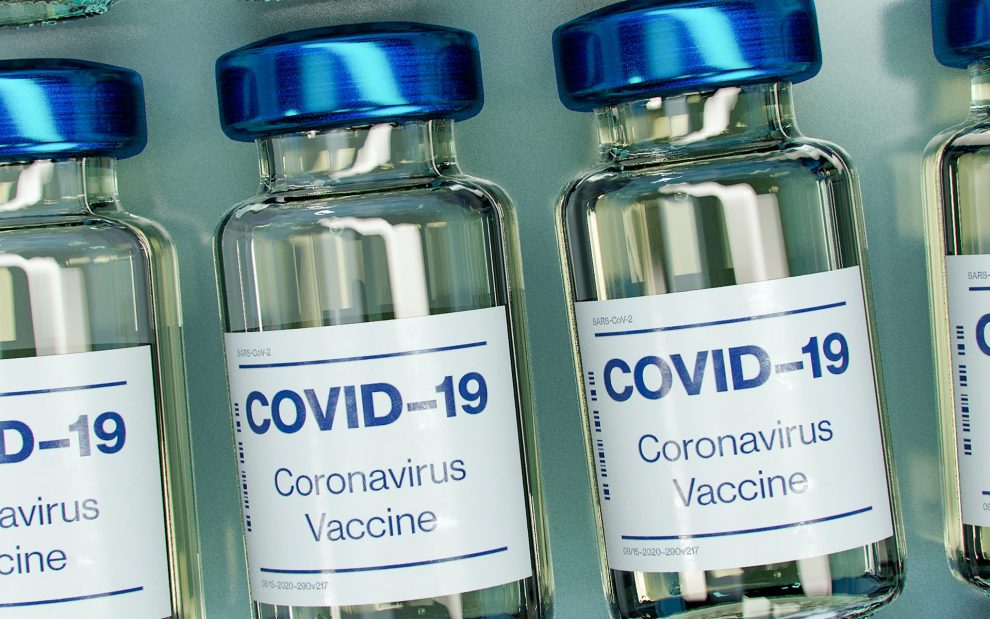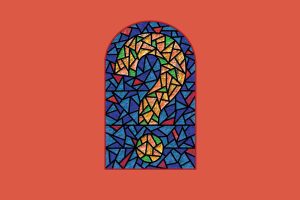Some people are expressing hesitancy about receiving the COVID-19 vaccine. There are a variety of reasons for this, including incomplete or incorrect information regarding the vaccines themselves and a lack of trust in the safety of the vaccines.
Based on a sad history of the relationship between African Americans and the health care industry, for example, many in minority communities simply don’t trust that the vaccines they receive will help them. Others believe that their rapid development and testing, which normally would have taken several years, means that important steps have been missed.
Given the amount of misinformation that exists, especially on social media, we should try to make sure that the guidance we receive regarding whether or not to get vaccinated is correct and up to date.
Regarding issues of trust, public health departments need to be transparent concerning what is known and what is not known about the vaccines. There is strong evidence that the speed of bringing them to market has not affected safety or short-term efficacy. Questions remain regarding long-term consequences simply because there hasn’t been enough time to gather that data.
Some people question the morality of using these COVID-19 vaccines because stem cell lines that originated from aborted fetuses decades ago were used, either in testing or possibly in development. Although the Catholic tradition clearly states that abortion is morally wrong, it also understands that there can be morally significant distance between the original act of abortion decades ago and the act of receiving a vaccine for which these stem cell lines were used in one way or another.
Because of this morally significant distance and the imminent danger that the COVID-19 pandemic poses, both the United States Conference of Catholic Bishops and Pope Francis agree that it is morally acceptable to use COVID-19 vaccines, stating that under the current circumstances all vaccines recognized as clinically safe and effective can be used in good conscience by Catholics. In a note issued on December 17, 2020, the Vatican’s Congregation for the Doctrine of the Faith says that vaccination itself is not a moral obligation—“it must be voluntary”—however, “the common good may recommend vaccination, especially to protect the weakest and most exposed.”
As a general rule, people should be vaccinated. Vaccines fight against infection and help keep people healthy. This is especially true regarding vaccines that help prevent infectious disease, when getting a vaccine not only protects your own health but also that of others.
There might be particular health reasons why a specific individual shouldn’t be vaccinated. If you believe in conscience that you shouldn’t be vaccinated, your moral obligation has not ended. You still need to take your responsibility to others seriously. In the case of COVID-19, actions such as wearing masks and keeping social distance are examples of what we continue to owe others. As St. Pope John Paul II says in Sollicitudo Rei Socialis (On Social Concerns), “We are all really responsible for all.”
Image: Unsplash/Daniel Schludi
This article is also available in Spanish.














Add comment